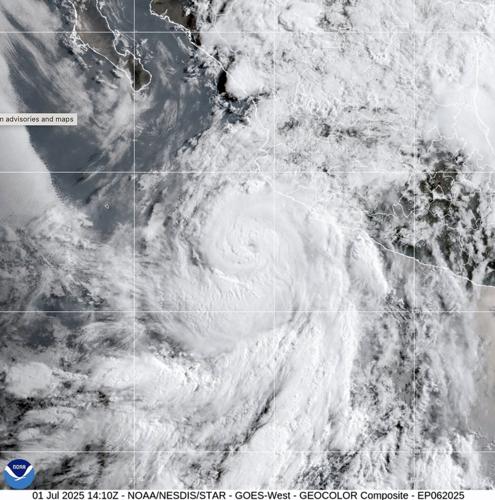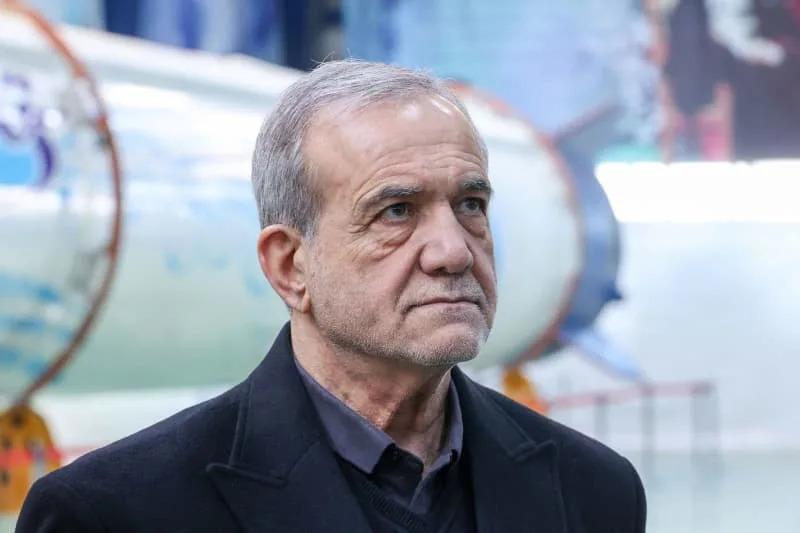Iran has officially halted its cooperation with the International Atomic Energy Agency (IAEA), a move that could significantly impact the monitoring of its nuclear program. This decision, reported by the Tasnim news agency on Wednesday, was enacted after President Masoud Pezeshkian signed the necessary legislation. The suspension will remain in place until the security of Iran’s nuclear facilities is assured, with demands for the IAEA to condemn attacks by the United States and Israel.
The announcement comes as Iran seeks international recognition of its nuclear program, a point emphasized by parliamentary speaker Mohammad Bagher Ghalibaf. He has stated that the Vienna-based IAEA must take a stand against the alleged aggressions by the US and Israel, which have targeted Iran’s nuclear sites.
Background and Context
Iran’s decision to suspend cooperation with the IAEA is not without precedent. Historically, Iran has had a tumultuous relationship with international nuclear oversight, often citing national security concerns as a reason for limiting access. The current suspension follows a series of incidents where Iranian nuclear facilities were reportedly targeted, exacerbating tensions in an already volatile region.
According to the Iranian Foreign Ministry, while IAEA inspectors remain in the country, they are barred from accessing sites damaged in recent conflicts. These facilities were reportedly bombed during the ongoing tensions with Israel and the US, which have now reached a ceasefire.
International Reactions and Implications
The international community has reacted with concern to Iran’s latest move. The IAEA plays a crucial role in ensuring that nuclear programs remain peaceful, and any disruption in its operations can raise suspicions and increase geopolitical tensions. Experts fear that this suspension could lead to further isolation of Iran on the global stage.
“The suspension of cooperation with the IAEA is a significant setback for nuclear diplomacy. It underscores the fragility of international agreements and the need for robust dialogue,” said Dr. Emily Thompson, a nuclear policy expert at the International Institute for Strategic Studies.
Meanwhile, the United States and Israel have yet to issue official statements regarding Iran’s demands. However, both nations have historically maintained a firm stance against Iran’s nuclear ambitions, citing security threats.
Historical Parallels and Expert Opinions
The move by Iran echoes past instances where countries have withdrawn from international agreements due to perceived threats to sovereignty. The situation is reminiscent of North Korea’s withdrawal from the Nuclear Non-Proliferation Treaty in 2003, which led to increased regional instability.
According to Dr. Hassan Rouhani, a former Iranian diplomat, “Iran’s decision is a strategic maneuver aimed at strengthening its negotiating position. However, it risks alienating potential allies and could lead to increased sanctions.”
Looking Ahead
The future of Iran’s nuclear program and its relationship with the IAEA remains uncertain. The international community will be closely monitoring the situation, particularly the response from the IAEA and Western nations. Diplomatic efforts may be required to de-escalate tensions and bring Iran back into compliance with international nuclear agreements.
As the ceasefire holds, there is a window of opportunity for dialogue and negotiation. The coming weeks will be critical in determining whether Iran’s demands for security assurances and international recognition can be met, and whether the IAEA can resume its oversight role.
For now, the world watches as Iran stands firm on its decision, with the potential for significant geopolitical ramifications.
About The Author
 American Men’s Wimbledon Drought: A 25-Year Quest for Glory
American Men’s Wimbledon Drought: A 25-Year Quest for Glory Jake Paul Enters WBA Cruiserweight Rankings, Eyes World Title Shot
Jake Paul Enters WBA Cruiserweight Rankings, Eyes World Title Shot Smart Mid-Year Financial Moves to Navigate Economic Uncertainty
Smart Mid-Year Financial Moves to Navigate Economic Uncertainty Iran Halts Cooperation with UN Nuclear Inspectors Amid Security Concerns
Iran Halts Cooperation with UN Nuclear Inspectors Amid Security Concerns Hurricane Flossie Intensifies to Category 3 Off Mexico’s Coast
Hurricane Flossie Intensifies to Category 3 Off Mexico’s Coast